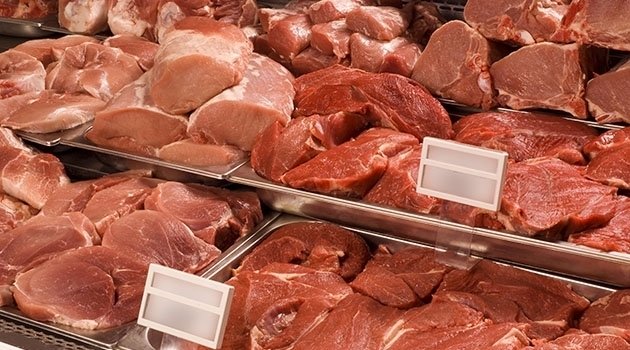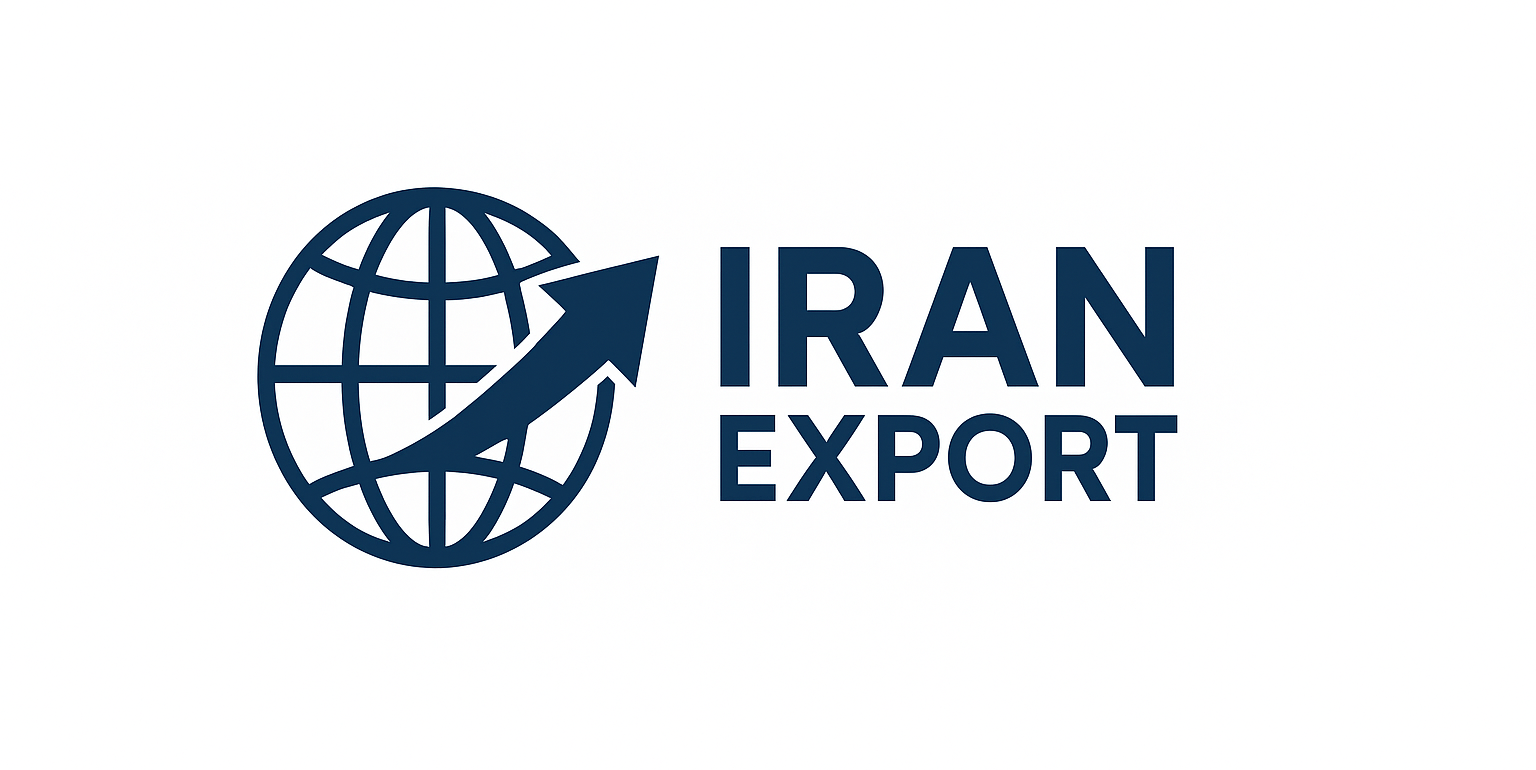
An Overview of Iran’s Processed Meat and Protein Industry
Introduction
The processed meat and protein industry in Iran has emerged as one of the most dynamic sectors in the country’s food manufacturing market. With increasing domestic demand, growing investments in technology, and rising opportunities in international trade, this industry plays a crucial role in supporting Iran’s non-oil economy. From sausages and cold cuts to canned meat and protein-rich products, Iranian producers are combining traditional recipes with modern processing techniques to deliver safe, high-quality, and affordable food to both local and global consumers.
In this article, we explore the technical strengths, economic importance, export opportunities, and competitive advantages of Iran’s processed meat and protein industry.
Technical Capabilities in Iran’s Processed Meat Industry
Iranian meat processing companies have made significant strides in adopting modern food technology, automation, and quality assurance systems. The use of advanced equipment in slaughterhouses, cold storage facilities, and production lines ensures compliance with international food safety standards (HACCP, ISO, and Halal certifications).
Additionally, Iran benefits from access to raw material resources, including poultry, beef, lamb, and fish, which are processed into a wide variety of products such as:
-
Sausages and hot dogs
-
Cold cuts and deli meats
-
Canned and frozen meat products
-
High-protein ready-to-eat meals
Continuous investment in R&D and packaging innovations has allowed Iranian producers to extend product shelf life, improve nutritional value, and adapt to changing consumer preferences both at home and abroad.
Economic Significance of the Protein Sector
The processed meat and protein industry is a vital contributor to Iran’s food security and employment sector. Thousands of jobs are generated across the value chain, from livestock farming and processing facilities to packaging, logistics, and retail.
Domestically, demand is driven by a growing population and urban lifestyle trends, where convenience foods and protein-rich diets are increasingly popular. According to market studies, the meat processing sector accounts for a significant share of Iran’s food manufacturing industry, with steady annual growth.
Moreover, this industry is strategically important for diversifying Iran’s economy beyond oil exports. By expanding value-added food production, the country reduces dependency on raw commodity sales while capturing higher revenues from processed goods.
Export Opportunities for Iranian Processed Meat Products
Iran has a strategic geographical location, making it an ideal supplier to neighboring regions including the Middle East, Central Asia, and parts of Europe. Processed meat products from Iran are in high demand in markets where Halal-certified foods are a priority.
Key export markets include:
-
Iraq, Afghanistan, and Pakistan (demand for affordable Halal products)
-
Central Asia (Kazakhstan, Turkmenistan, Uzbekistan) (growing consumption of protein foods)
-
Gulf Cooperation Council (GCC) countries (interest in premium and branded Iranian products)
Furthermore, with proper branding and adherence to strict international standards, Iranian companies have the potential to expand into European and Southeast Asian markets, where the global processed meat sector continues to grow.
Competitive Advantages of Iran’s Meat Processing Industry
Iran holds several advantages that make its processed meat industry competitive on a global scale:
-
Abundant Livestock Resources – Iran ranks among the top producers of poultry and red meat in the region, ensuring a steady supply of raw materials.
-
Cost Efficiency – Lower production and labor costs compared to Western countries provide competitive pricing in export markets.
-
Halal Certification – As a Muslim-majority country, Iran guarantees Halal compliance, giving it a strong edge in Islamic markets worldwide.
-
Proximity to Key Markets – Short shipping times to the Middle East, Central Asia, and North Africa reduce logistics costs.
-
Cultural Culinary Expertise – Traditional Iranian recipes and flavors provide unique selling points for niche markets looking for authentic tastes.
Challenges and Future Outlook
Despite its strengths, the industry faces challenges such as global trade restrictions, fluctuating raw material prices, and the need for continuous technological upgrades. To remain competitive, Iranian producers must invest in sustainable practices, eco-friendly packaging, and digital marketing strategies to attract global buyers.
Looking ahead, the future of Iran’s processed meat and protein industry appears promising. With the right mix of government support, private sector investment, and international collaboration, the country is well-positioned to strengthen its role as a regional hub for processed protein exports.
Conclusion
The processed meat and protein industry in Iran is more than just a domestic food supplier; it is an engine of economic growth, export diversification, and international trade potential. Backed by technical innovation, Halal certification, and cost advantages, Iranian meat processors are set to play an increasingly important role in the global food market.
For international businesses, importers, and investors, Iran’s meat processing sector presents valuable opportunities in supply chain partnerships, joint ventures, and market expansion. As global demand for convenient and protein-rich foods continues to rise, Iran stands out as a competitive and reliable player in the industry.

